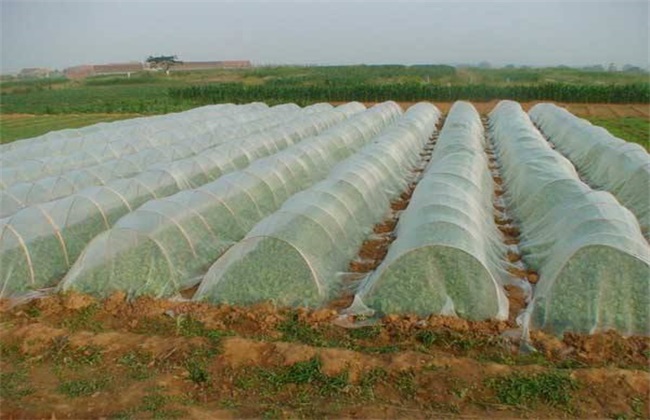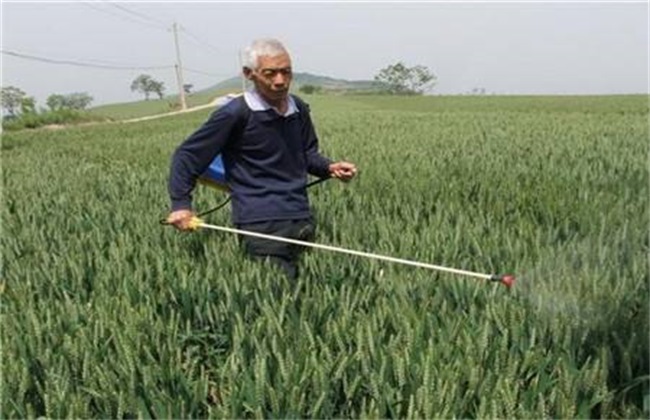Advantages and disadvantages of microbial pesticides
Microbial pesticide is one of the most commonly used types of pesticides. It can not only be used to kill bacteria and insects, but also has the effect of weeding, which is a key measure for the development of biological control. Now in all regions, microbial pesticides have basically become a major pest control agent. So what are the advantages and disadvantages of microbial pesticides compared with traditional pesticides? Let's take a look at the advantages and disadvantages of microbial pesticides with Xiaobian.

1. Advantages
Compared with traditional pesticides, microbial pesticides are very rich in available resources, and have a very obvious effect. And the input cost of microbial pesticides is relatively low, so a variety of agricultural by-products can be used for processing and production. It will not cause harm to people and animals, crops or the environment, and pests will not easily develop resistance. In addition, microbial pesticides for production equipment, has a very strong versatility, can be used in all aspects.
The above advantages also represent that the risk of the use of microbial pesticides is very small, unlike traditional pesticides, it is easy to remain on crops and cause pollution to the environment. And because of the low cost of input, the return on growing crops will be improved. When using microbial pesticides to control pests, it can also induce the epidemic of insect pests and ensure the control effect of insect pests. Finally, because the types of microbial pesticides are very rich, so the room for improvement of their products is very large. So now microbial pesticides are welcomed by many people.
2. Shortcomings
No matter what things have two sides, although microbial pesticides have many advantages, but there are also many disadvantages. When we control pests, one type of microbial pesticide can only work on one kind of pest. For other pests, there is basically no control effect. And in the use of microbial pesticides, to control the temperature, the temperature should be controlled at about 15-30 degrees. If the temperature is not in this range, then the effect of microbial pesticides will be very slow.
In addition to temperature, microbial pesticides also have greater requirements for humidity. If the humidity in the field is too low, then the control effect will be significantly affected, on the contrary, the higher the humidity, the better the effect. And microbes make Arnold is sensitive to ultraviolet rays, because microbes are easily destroyed by ultraviolet rays, so it is best to do it on a cloudy day or in the evening. And the response time of microbial pesticides is relatively slow, and there is no immediate effect of traditional pesticides, so it should be carried out about three days in advance. In addition, it is also easy to be restricted by the environment, the shelf life of the product is short, and it is not very stable.
The above is a brief introduction to the advantages and disadvantages of microbial pesticides. That's all for today's introduction. This article is for reference only. I hope it can help you all.
Related
- Fuxing push coffee new agricultural production and marketing class: lack of small-scale processing plants
- Jujube rice field leisure farm deep ploughing Yilan for five years to create a space for organic food and play
- Nongyu Farm-A trial of organic papaya for brave women with advanced technology
- Four points for attention in the prevention and control of diseases and insect pests of edible fungi
- How to add nutrient solution to Edible Fungi
- Is there any good way to control edible fungus mites?
- Open Inoculation Technology of Edible Fungi
- Is there any clever way to use fertilizer for edible fungus in winter?
- What agents are used to kill the pathogens of edible fungi in the mushroom shed?
- Rapid drying of Edible Fungi



